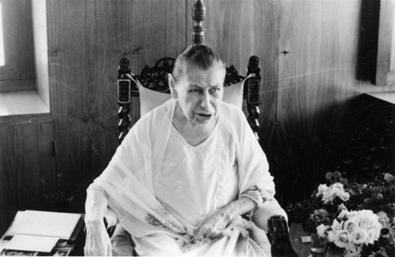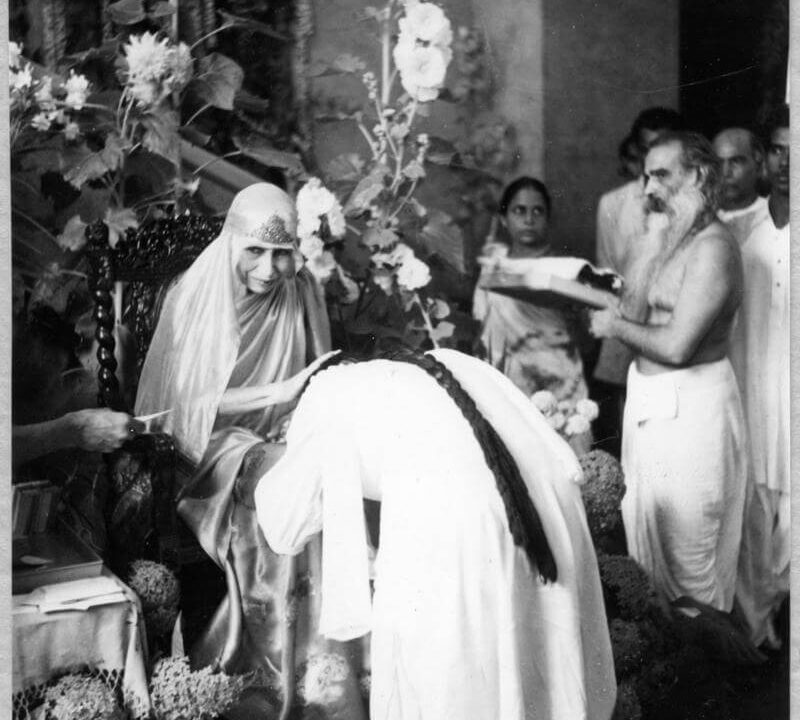On the ego


Acceptance of the Light
04/03/2022Q: Is there any difference between the two methods of effacement of ego: realisation of the Spirit above and its nature of purity, knowledge, etc., by the second method too?
Egoism may go … (Then after a short silence) Yes, egoism may go …
We caught the significance of the unfinished sentence and said, “Oh, you mean ego may remain?”
Ego remains but becomes harmless. It may help one spiritually. Complete removal of ego is possible when one identifies oneself with the Atman and realises the same Spirit in all. Also when the mental, vital and physical nature is known to be a derivation from the universal mental, vital and physical. The individual must realise also his identity with the transcendental or the cosmic Divine, whatever you may call it. From the mental plane, when one rises and realises the Spirit, it is generally the mental sense of ego that goes, not the entire ego sense. The dynamic nature retains ego, especially the vital ego. When the psychic attitude of humility comes in and joins with it, it helps in getting rid of the vital ego. The complete abolition of ego is not an easy thing. Even when you think that it is entirely gone, it suddenly comes into your actions and movements. Especially important is the removal of the mental and vital ego; the others, the physical and subconscient, don’t matter very much: they can be dealt with at leisure, for they are not so absorbing. By humility it is not outward humility that is meant. There are many people who profess and show the utmost outward humility, as if they were nothing, but in their hearts they think, “I am the man” People are mostly impressed and guided by outward conduct. Mahadev Desai complained that I had lost the old charm of modesty. I did not profess like others that I was nothing. How can I say I am nothing when I know that I am not nothing?
– Sri Aurobindo




